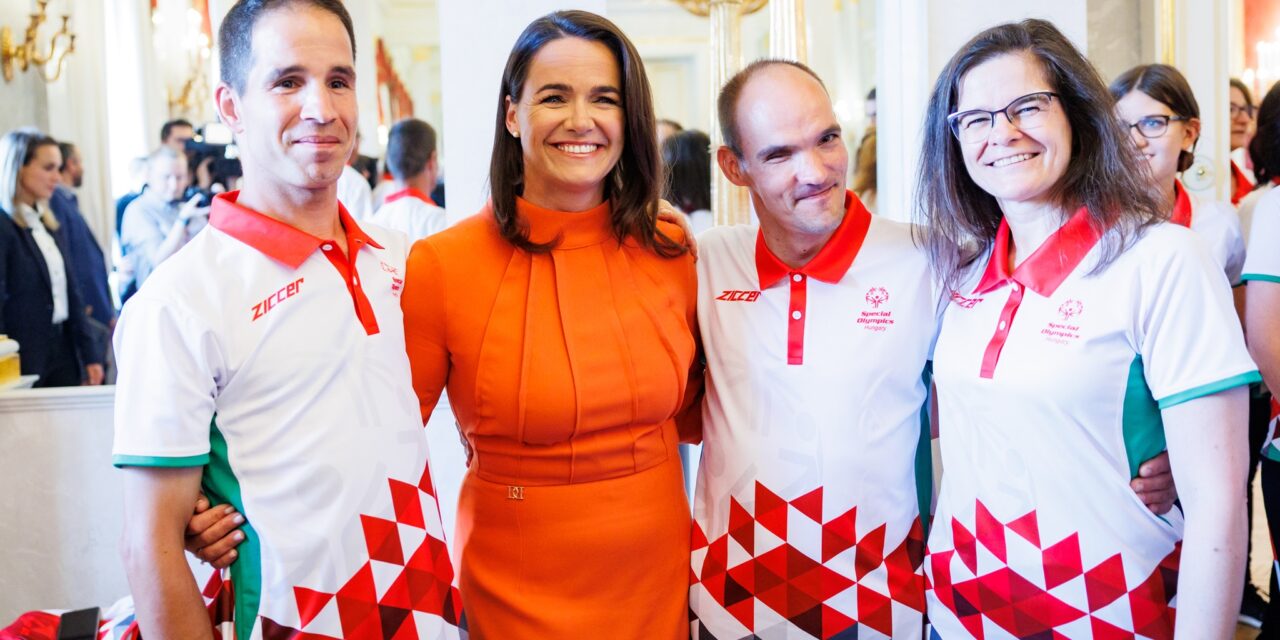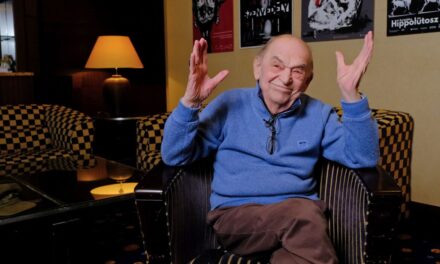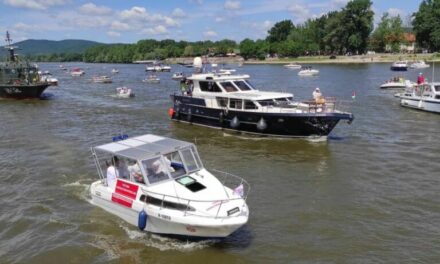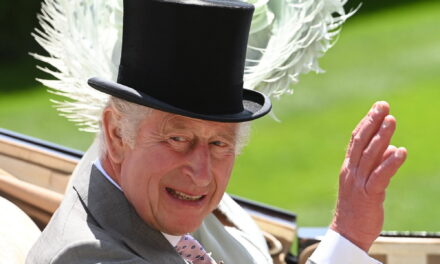"Let me win, but if I cannot win, let me fight bravely!" – with these words, the members of the Hungarian team taking their oath to the Summer Special Olympics in Berlin, the next World Games for the mentally disabled, took their oath in the Sándor Palace.
They are examples of perseverance and determination, who will proudly and courageously represent Hungary at the Special Olympics Summer World Games in Berlin in June, of whom we are also proud. Hungarians go for it! writes Katalin Novák on social media.
The history of the Hungarian Special Olympics Association (msoss).
Since 1989, the Hungarian Special Olympics Association has been planning, organizing and facilitating regular training and competition programs for people with mild, moderate and severe intellectual disabilities, as well as people with multiple disabilities. In the course of our operation, we have organized many other events, from regional competitions to preparations for the World Games of winter and summer sports. We regularly hold training seminars, our representatives participate in international further training, and we do everything to make our movement as well known as possible to the general Hungarian public.
Excerpt from the greeting of János Wisinger, Honorary and Hereditary President:
"1989. between May 6 and 9, an enthusiastic group of only 15 people visited Warsaw to see and learn about a real SO event, the II. Polish National Games. We were enthusiastic, we learned, we were touched, we were envious, and on the way home from Warsaw to Diósjenő, we had a good fight, as is good Hungarian custom. During the discussion, some big questions were also formulated: What I remember exactly, in a sense even today, is always a constant question: from whom and where will the money come from, who will prepare the competitors, who will organize the competitions, who will teach the rules, where will the track be , room that will accommodate us (not only at Bp.), will we have a press that will report what is happening. Can we travel abroad, and from what, can we get to America? Can only the residents of institutions or those living in families be mobilized? Well, as I mentioned, these are still questions today, maybe only the order of magnitude has changed in ten years. However, the final answer to that was given right at the time of its establishment, and has not been a question since then, is the attraction of famous people and athletes. We hardly hoped, but it is true, Dr. Pál Schmitt, Dr. Róbert Frenkl, and Zoltán Molnár immediately accepted the founding membership at the first request. And someone else, Dr. Viktor Göllesz, the teacher of all of us, who supported, encouraged and helped us with all his heart and all his knowledge..."
The Association's programs are coordinated by a 13-member presidency, with the help of 3 full-time employees - the national sports director, the international director and the office manager. Hungarian Special Olympians can compete in 21 sports.
The activities of sports are carried out by professionals (leaders) who do not receive any allowance for their activities. Without their voluntary commitment, none of our sports would function today.
MSOSZ organizes more than 80 domestic competitions every year. The association helps and encourages the athletes and makes the society aware that with the help of all of us, the special Olympians can live an almost full life and can also achieve commendable achievements.
Olympic champions such as László Fábián, János Martinek, media personalities such as Attila Várkonyi and Kriszta D. Tóth, artists such as Zoltán Mága, Laci Gáspár, Éva Csepregi, Tamás Hevesi and famous athletes such as Bea Kökeny, Madaras often appear in integrated exhibition matches. Ádám, Ágnes Szávay, and Júlia Sebestyén, who help our teams made up of young people with intellectual disabilities as partner players and volunteers.
Following their efforts, their enthusiasm, their will to fight, and their special achievements, a new world full of struggles opens up before us, from which we can get to know the WORLD OF WINNERS exactly.
We hope and believe that either sports or our leisure and cultural events will help to overcome the invisible and real walls that have so far prevented the full participation of our fellow human beings with intellectual disabilities in society.
Source: Hungarian Special Olympic Association
Featured image: Katalin Novák's Facebook page













